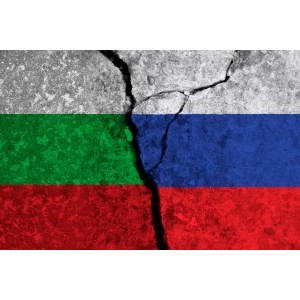A wave of DDoS attacks rocked the Bulgarian government over the weekend, with Russia the prime suspect, according to reports.
Traffic flooded the websites of the Bulgarian President, the National Revenue Agency, and the ministries of internal affairs, defense, and justice, according to several local reports.
Telecoms firms, airports, banks and some media companies were also targeted in the October 15 campaign, according to the Sofia Globe.
The head of Bulgaria’s National Investigation Service, Borislav Sarafov, reportedly said the authorities had identified the suspects as coming from the Russian city of Magnitogorsk.
“We will try to identify all those involved in this hacker attack and bring them to court in Bulgaria, if Russian judicial authorities respond and they are extradited. If not, we will try them in absentia,” he added.
However, other reports said that notorious Russian cybercrime outfit Killnet had already claimed responsibility.
The group also claimed to have launched DDoS attacks against at least 14 US airports earlier in October. The collective has targeted other European organizations this year, in attacks largely aligned with the interests of the Russian state.
Those efforts were met with a declaration of “cyber war” from the Anonymous hacktivist group back in May.
As a NATO and EU member, Bulgaria could certainly be a Russian target. Although Sofia’s assistance to Ukraine has so far been limited to “military-technical” efforts, it may expand this to weaponry if the National Assembly votes that way this week.
The attacks on Bulgarian government websites reportedly caused minor outages but not much more disruption than that.
“The cyber-attack was well repelled and there was no damage,” said caretaker defense minister, Dimitar Stoyanov.
DDoS attacks have been a regular occurrence during the war in Ukraine, often spilling over into attacks on the country’s allies.
A report from September claimed that the volume of DDoS attacks against UK financial institutions surged during the first few months of the Ukraine war.
Credit: Source link


Comments are closed.